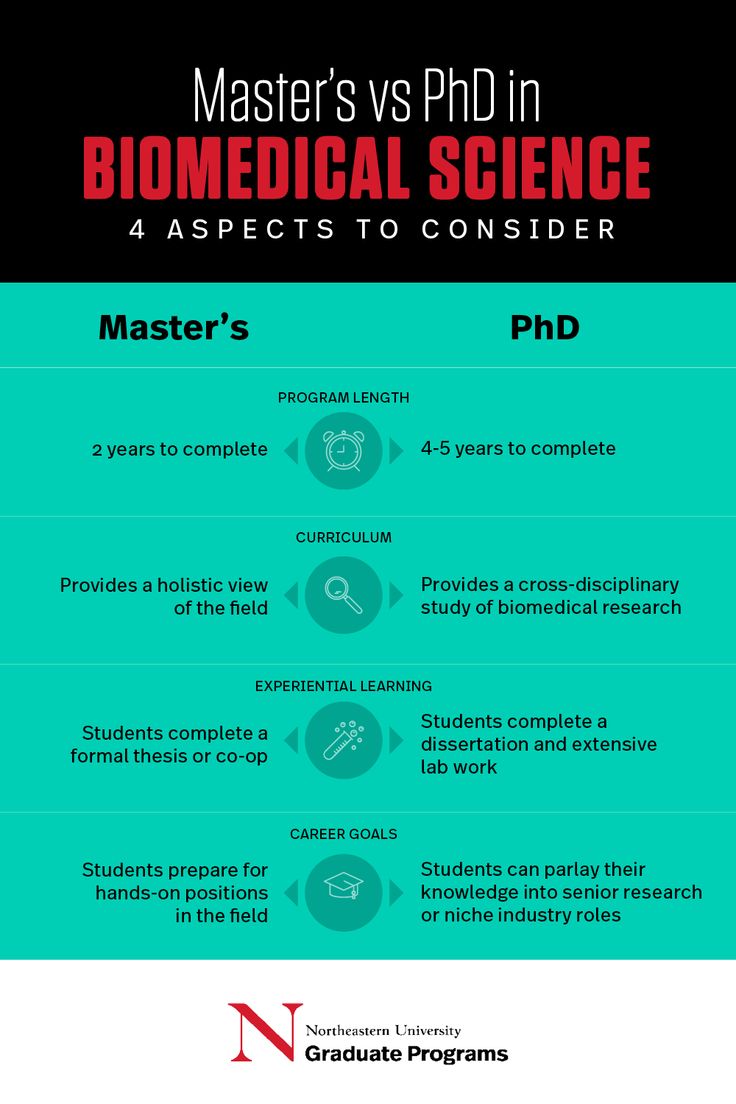In the burgeoning field of biomedical engineering, the decision between pursuing a Master of Science (MS) and a Doctor of Philosophy (PhD) represents a pivotal juncture in one’s academic and professional trajectory. Each degree embodies a distinct educational philosophy, provides unique skill sets, and lodges individuals in differing avenues of career potential. With technology evolving at a breathtaking pace, coupled with emergent health challenges, this discourse aims to illuminate the critical considerations in making an informed choice between an MS and a PhD in biomedical engineering.
Firstly, it is imperative to delineate the foundational differences between the MS and PhD programs in biomedical engineering. A Master’s degree typically necessitates a span of two years of study, inclusive of coursework and, in some cases, a thesis project. This program is designed for professionals aiming to deepen their technical acumen and acquire specialized skills necessary for immediate employment in the industry. Conversely, a PhD program extends over four to six years, centering on pioneering research and the generation of original knowledge within the field. Candidates are expected to contribute significantly through their dissertation, which serves as a testament to their scholarly rigor and intellectual prowess.
When contemplating an MS, candidates often find this pathway aligns with goals of expediency and applicability. The MS curriculum is heavily grounded in practical applications, where students engage in advanced courses that foster expertise in imaging modalities, biomaterials, and medical device design. The accelerated timeline allows graduates to venture into the workforce rapidly, ideally positioned for roles such as biomedical engineers, regulatory affairs specialists, or clinical applications specialists. The allure of immediate employability cannot be understated; many employers in the healthcare sector actively seek individuals with a master’s degree to navigate the complexities of product development and implementation in clinical settings.
However, it is critical to weigh this against the allure of a PhD, which opens doors to the upper echelons of academic and research professions. A PhD in biomedical engineering often provides candidates with the opportunity to engage in groundbreaking research, possibly inventing novel technologies or solutions to pressing medical issues. This degree is tailored for those with a fervent passion for inquiry and an aspiration to drive transformative scientific advancements. A PhD candidate may find themselves exploring advanced biomaterials, regenerative medicine, or complex system modeling, uncovering insights that have the potential to revolutionize patient care.
Furthermore, the academic rigors of a PhD program offer a unique opportunity for intellectual growth and resilience. The path involves navigating through rigorous coursework, comprehensive examinations, and engaging in meaningful mentorship relationships. The experience cultivates a profound understanding of the scientific method and reinforces critical thinking skills. This scholarly journey, while demanding, shapes individuals into leaders in their respective fields, equipping them with the tools essential to tackle formidable challenges in biomedical engineering.
Despite the apparent advantages of a PhD, potential candidates must consider the implications of several intrinsic factors—personal motivation, financial investment, and career aspirations. The pursuit of a doctoral degree entails a substantial commitment of time and resources. One must be prepared for the financial burdens associated with extended academic tenure, which may include student loans and the opportunity costs of forgone wages. Conversely, many MS programs offer scholarships, assistantships, or industry partnerships that may alleviate financial strain.
Additionally, candidates should introspect on their personal motivations and professional aspirations. Those with a fervent desire for research, teaching, or leading innovative projects may find fulfillment in the challenges of a PhD program. In contrast, individuals who prioritize immediate practical applications and wish to work directly on the implementation of solutions may resonate more with an MS program. The MS can serve as a terminal degree or a stepping stone towards a future PhD, allowing for professional immersion and practical experience prior to a deeper academic undertaking.
Further complexities unfold when one examines the current landscape of the biomedical engineering job market. Employers’ preferences vary, with some industries favoring the practical expertise bestowed by a master’s degree while others prioritize the analytical capabilities and research experience associated with a doctoral degree. For instance, positions in regulatory affairs or quality assurance may favor MS holders equipped with industry-specific knowledge, whereas academia or high-level research positions often necessitate a PhD.
Ultimately, the choice between an MS or PhD in biomedical engineering demands a thorough examination of individual goals, professional expectations, and market demands. It necessitates a discernment of where passion intersects with opportunity. As the field progresses, both pathways remain vital, shaping the future of healthcare solutions. Whether one envisions themselves as a catalyst for innovation through research or as a driver of change within industry operations, the decision encapsulates not merely an academic choice but a pathway toward transformative impact—one that transcends personal career trajectories to influence global health outcomes.
In conclusion, the inquiry into whether to pursue an MS or PhD in biomedical engineering should evoke profound reflection and careful consideration. Each path offers distinct opportunities, challenges, and rewards that resonate differently depending on individual aspirations and the broader societal needs they seek to address. Ultimately, this decision reflects not just an academic pursuit but a commitment to contributing meaningfully to the evolving tapestry of biomedical engineering and healthcare at large.








